Technical Program | upcoming deadlines
View ScheduleACCESS TO SPEAKER CENTER & REVIEW PORTAL
Technical Program Chair: Som Shrestha | shresthass@ornl.gov
Overview of Conference Tracks:
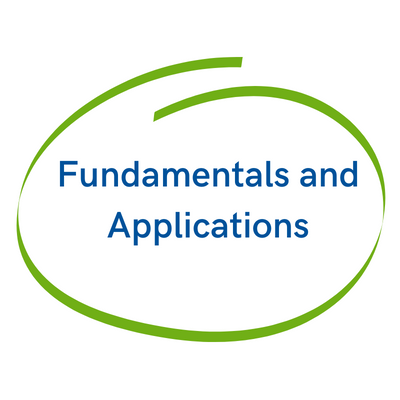
1. Fundamentals are the foundation for understanding applications in engineering. Key components of ASHRAE fundamentals include thermodynamics, psychrometrics, fluid and mass flow. This track provides opportunities for papers and presentations of varying levels across a large topic base. Concepts, design elements and shared experiences for theoretical and applied concepts of HVAC&R design are included.
Track Chair: Erik Sanchez | esanchez@prmech.com
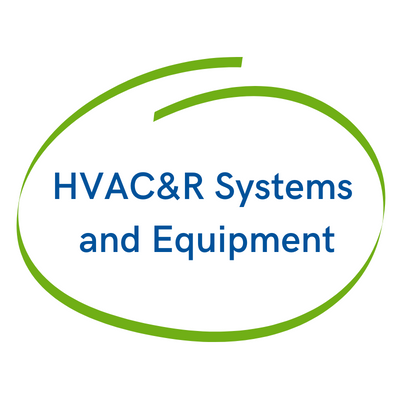
2. HVAC&R systems and equipment are constantly evolving to address the changing requirements of the built environment. Papers and programs in this track focus on the development of new systems and equipment, improvements to existing systems and equipment and the proper application and operation of systems and equipment.
Track Chair: Li Song | lsong@ou.edu
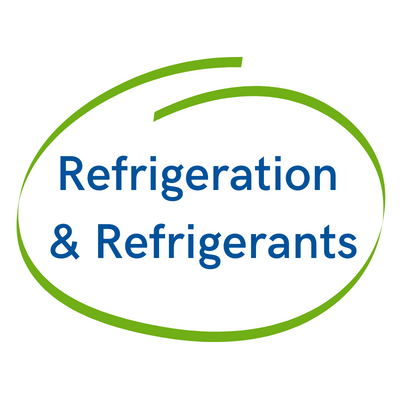
3. Refrigeration is a critical element of modern life, from preserving food and medicine to maintaining comfort. With significant changes on the horizon for refrigerant regulations, along with new applications for refrigeration systems, understanding both the fundamental and advanced concepts and issues related to refrigeration is more important than ever before. Papers and programs in this track focus on refrigerants and their regulations, refrigeration cycles and applications.
Track Chair: Jon Cohen | jonjcohen1@gmail.com
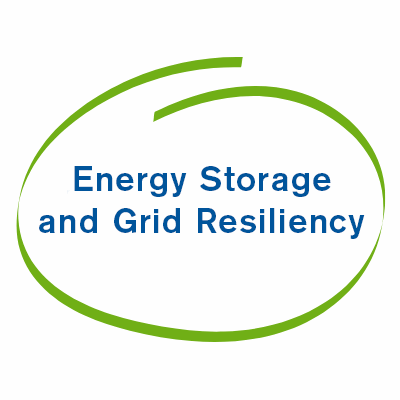
4. Thermal and electrical energy storage can alleviate the mismatch between renewable energy availability and peak building energy demands, enabling the incorporation of more renewable energy into the grid. Integration of thermal energy storage (TES) with residential and commercial building envelopes or HVAC systems would reduce buildings’ heating and cooling loads, level out peak energy demand, reduce HVAC size, increase energy savings, improve occupants’ thermal comfort and allow flexibility for shedding and shifting building loads. These benefits will improve grid resiliency, thereby enabling more cost-effective electrification of buildings. Papers and programs in this track focus on advances in cost-effective TES materials and systems, integration of thermal TES in building envelopes or HVAC systems and grid resiliency.
Track Chair: Robin Bryant | RBryant@bandiflorida.com
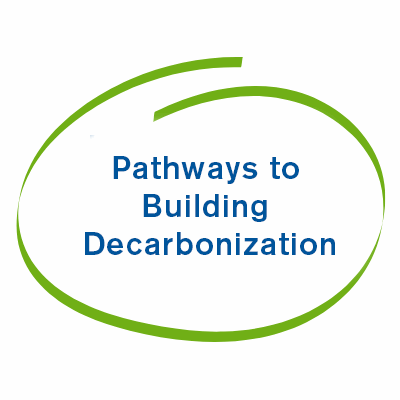
5. Decarbonization is urgently needed to slow climate change that is affecting the planet. Approximately 10% of global CO2 emissions is attributable to embodied carbon in building materials and construction processes. Energy use in buildings accounts for about 40% of energy-related carbon emissions. Therefore, to accomplish building decarbonization goals, accounting for embodied carbon and carbon emissions from operational energy use is essential. ASHRAE and its members are leading the advancement of carbon neutral, net zero energy and decarbonization strategies in new construction, renovation and HVAC&R design for residential and commercial buildings.
This track highlights case studies and research across the globe on the methods being developed and policies being evolved to reduce carbon impacts on the global environment; tools and resources to make zero energy design and operation more easily achievable; innovative low-carbon materials and state-of-the-art technologies and strategies to achieve zero energy communities and campuses; and policies, regulations, codes, standards and utility and government programs for adoption and scale up of net zero (or net positive) energy building and community initiatives.
Track Chair: Joe Chow | joe.ashrae@gmail.com

6. Artificial intelligence (AI) is being adopted by many aspects in our life. As sensor systems, internet connectivity, building management software and data collection become more sophisticated and ubiquitous, substantial opportunities exist to make buildings and HVAC systems and equipment “smarter.” Implementation of AI in building automation and control systems enables using data from Internet of Things devices and occupant behavior to improve operational energy efficiency, occupant comfort, security and maintenance, and to enhance utilization of renewable energy resources (e.g., wind, solar) and energy storage. Submissions in this track focus on applications for AI and machine learning technology in building automation and controls to enhance energy efficiency and comfort, cyber security, fault detection and diagnosis, operation of HVAC systems and equipment for load flexibility, and benefit from time-of-day energy prices.
Track Chair: Suzanne LeViseur | sleviseur@haddadeng.com
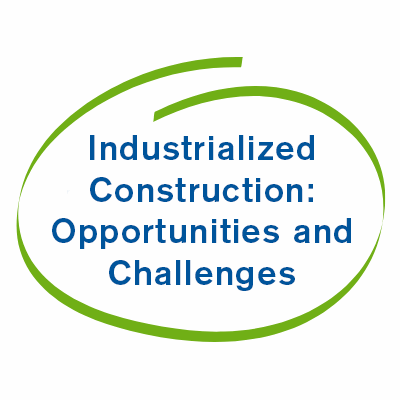
7. Development and adoption of industrialized technologies and methodologies can accelerate construction speed, scale and quality. Whereas most other industries have capitalized on digitization and process improvements, building construction practices have experienced slow, incremental changes. Industrialized construction can address shortages in skilled labor while increasing throughput, safety, quality and affordability. Examples include prefabricated mechanical pods, prefab panelized components for building envelopes and modular construction, although more innovation is needed to increase the cost-effectiveness of these approaches. This track disseminates advancements in building construction practices and workforce development and discusses opportunities and challenges associated with conventional and industrialized construction.
Track Chair: Stephanie Mages | s_mages@yahoo.com
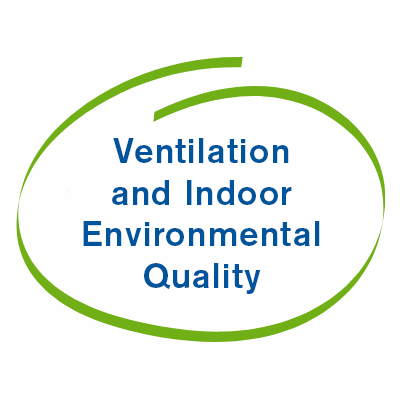
8. Indoor environmental quality (IEQ) is a vital consideration during all phases of a building’s life because the indoor environment is closely linked to occupant comfort, satisfaction, productivity and health. Proper fire and smoke control design is also crucial for protecting building occupants. This track explores the design, operation and studies of ventilation, air distribution systems, and all IEQ aspects, including noise, vibration and lighting in residential and commercial buildings. Topics include aspects of ventilation and IEQ, such as filtration, changeovers, best practices for maintainability, fire ratings/dampers, detection and ventilation for toxic gases, operator safety in equipment rooms, OSHA requirements, industrial and hazardous spaces, additional occupant health and safety considerations and new building materials.
Track Chair: Ehab Mamdouh | ehab.mamdouh@ipec-eg.net
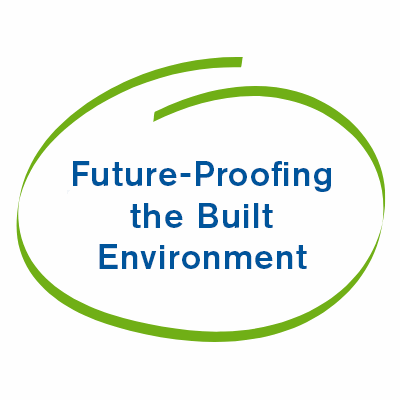
9. In the face of climate change, weather extremes and energy supply disruptions and shortages, methods for designing, constructing and operating buildings and HVAC&R systems must be resilient and sustainable. In fact, resilience is a highlighted aspect of the current ASHRAE strategic plan. This track highlights innovative technologies and strategies that are evolving across the globe that reimagine our relationship with the built environment now and into the future, including design strategies for extreme climates and weather, appropriate responses to energy supply disruptions, and how all these factors are tied to resilience and energy conservation efforts.
Track Chair: Joshua Vasudevan | joshuavasudevan2011@gmail.com
|
|
|

Types of Presentations Presented
|
These sessions present both technical and conference papers. Conference papers are written on current applications or procedures, as well as papers reporting on research in process. These papers differ from technical papers in that they are shorter in length and undergo a much less stringent peer review. Technical papers cover current applications or procedures, as well as papers resulting from research on fundamental concepts and basic theory. Papers presented in these sessions have successfully completed a rigorous peer review. PowerPoint presentations with audio descriptions of the presentations are posted online in the Virtual Conference. Preprints of the papers are available to all attendees who have purchased a conference registration.
|
 |
|
Forums are “off-the-record” discussions held to promote a free exchange of ideas. Reporting of forums is limited to allow individuals to speak confidentially without concern of criticism. There are no papers attached to these forums.
|
 |
Debates highlight hot-button issues. Experts, either on teams or as individuals, present different sides of an issue in debate format. Each participant presents evidence for or against a specific statement or question such as ‘Is Sustainability Really Sustainable?”.
|
 |
Panel discussions can feature a broad range of subjects and explore different perspectives on issues in the industry. A panel may feature discussions about integrated project delivery among designers, builders and facility management professionals.
|
 |
Seminars feature presentations on subjects of current interest. Papers are not available from the Society; however, seminar PowerPoint presentations with audio descriptions of the presentations are posted online in the Virtual Conference. Access is free for attendees who purchase a conference registration. Seminars are available as a collection via subscription to the Technology Portal online and include video files synched with audio, audio files and PDF files of the presentations.
|
 |
Workshops enable technical committees and other ASHRAE committees to provide a series of short presentations on a topic requiring specific expertise. These short presentations are provided with an increased emphasis on audience participation and training in a specific set of skills. PowerPoint presentations with audio descriptions are posted online in the Virtual Conference.
|
 |


 >> Upcoming Deadlines
>> Upcoming Deadlines
-
- Friday, January 3, 2025 | Presentation PPTs Due